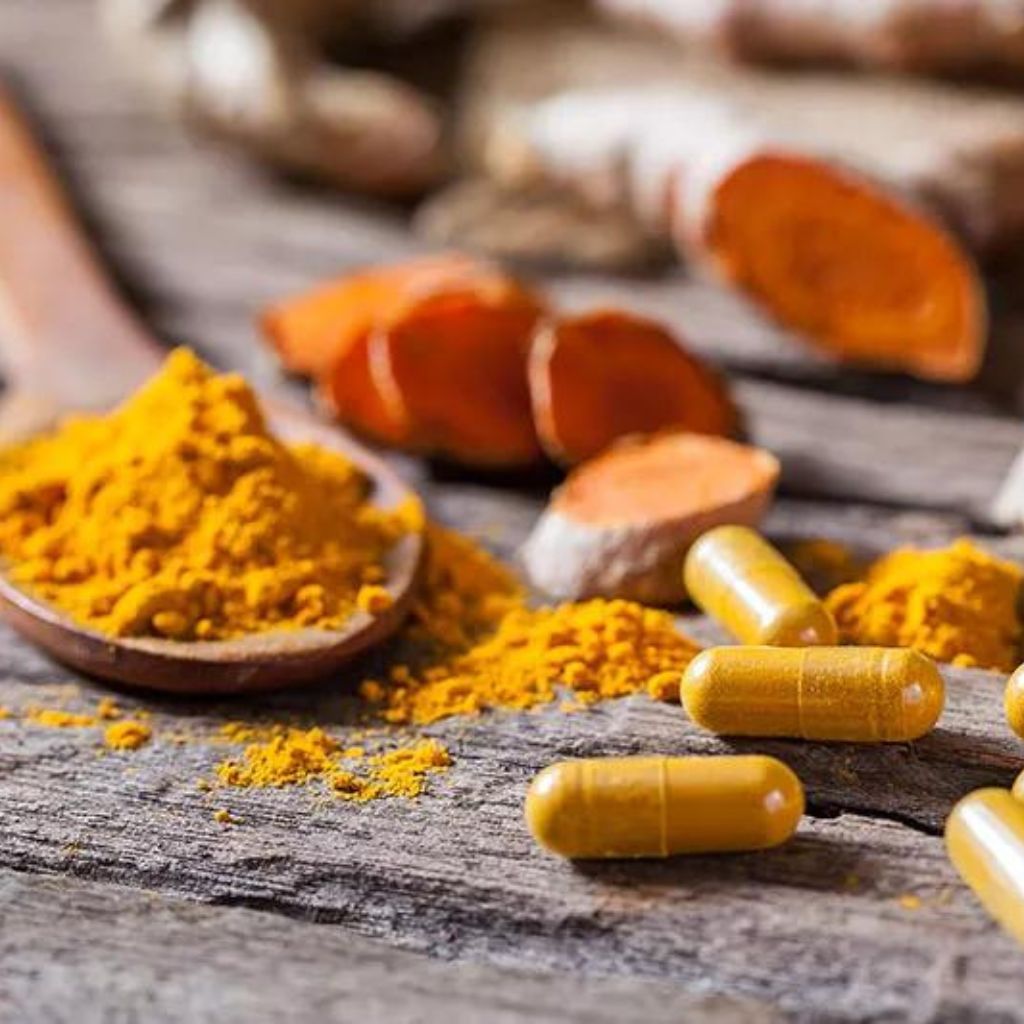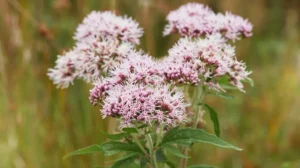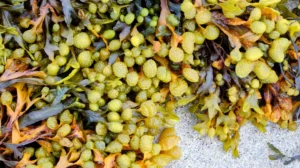Turmeric and Cancer: The Role of Curcumin in Fighting Disease

Turmeric, a vibrant yellow spice, has been celebrated for centuries for its medicinal properties, particularly due to its active compound, curcumin. This powerful polyphenol has gained significant attention in recent years for its potential role in cancer prevention and treatment. Curcumin’s multifaceted ability to target various molecular pathways involved in cancer cell growth positions it as a key subject of ongoing research. Here’s a detailed look at the latest findings regarding curcumin’s anti-cancer properties and the advancements in its supplementation.
Curcumin’s Anti-Cancer Potential:
A pivotal study published in Cancer Research investigated the effects of curcumin on breast and colon cancer cells. The research revealed that curcumin effectively inhibited cell proliferation and induced apoptosis, or programmed cell death, in malignant cells. This anti-cancer activity is believed to arise from curcumin’s capacity to disrupt several key signaling pathways that are crucial for cancer cell survival and growth, such as the NF-kB, STAT3, and Wnt/β-catenin pathways.
Moreover, curcumin has shown promise in reducing inflammation, a significant contributor to cancer development. By modulating inflammatory cytokines and enzymes, curcumin may help create a less favorable environment for cancer cells. Despite these promising findings, researchers caution that curcumin is poorly absorbed when consumed in dietary amounts, making it challenging to attain therapeutic effects without the aid of specialized formulations or supplements.
Advances in Supplement Formulations
In response to the challenges of curcumin bioavailability, supplement manufacturers have invested in developing advanced formulations designed to enhance its absorption. One of the most common strategies involves the addition of piperine, an active compound found in black pepper, which has been shown to increase curcumin absorption significantly. Some supplements also utilize nanoparticles or liposomal delivery systems to improve bioavailability further.
As interest in curcumin continues to rise, medical experts emphasize that it should be viewed as a complementary treatment option within an integrative cancer care framework. Curcumin is not intended to replace conventional cancer therapies but rather to enhance their efficacy. Ongoing clinical trials are critically evaluating the optimal dosages and formulations of curcumin for cancer treatment, seeking to establish guidelines that could pave the way for its integration into standard therapeutic regimens.

Valerian Root
Valerian Root Valerian Root, derived from the Valeriana officinalis plant, is a well-known herb used for its calming and sedative properties. It is commonly utilized

Balm of Gilead
Balm of Gilead Balm of Gilead is derived from the resinous buds of the Populus species, particularly Populus candicans or Populus balsamifera. This aromatic substance

Quince Seeds
Quince Seeds Quince (Cydonia oblonga) is a deciduous tree that produces pear-shaped, aromatic fruits. The seeds of the quince fruit are small, brown, and glossy,

Bladderwrack
Bladderwrack Bladderwrack is a type of seaweed that has been used in traditional medicine for centuries. It is commonly found in the North Sea, the

Chamomile & Peppermint Soothing Tea
Chamomile & Peppermint Soothing Tea This herbal tea is designed to calm the mind and body, making it perfect for a restful evening. Chamomile and

Oregon Grape Root
Oregon Grape Root Oregon Grape Root (Mahonia aquifolium) is a perennial evergreen shrub native to the Pacific Northwest region of North America. It is known